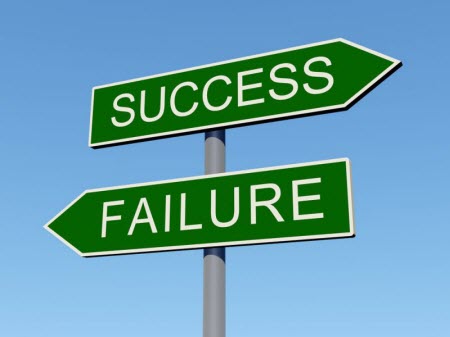Want to be successful? Know your odds.
If you want to make a difference in your career, you need to think not just about which jobs have the most impact, but which jobs you’ve got the best chances of success in. This latter point can be easily neglected. It’s all very well working for an incredibly high impact cause, but if you do a rubbish job you won’t make much difference. Judging your chances of success is hard. Knowing the odds: the average person’s chances of success, is a good place to start.








